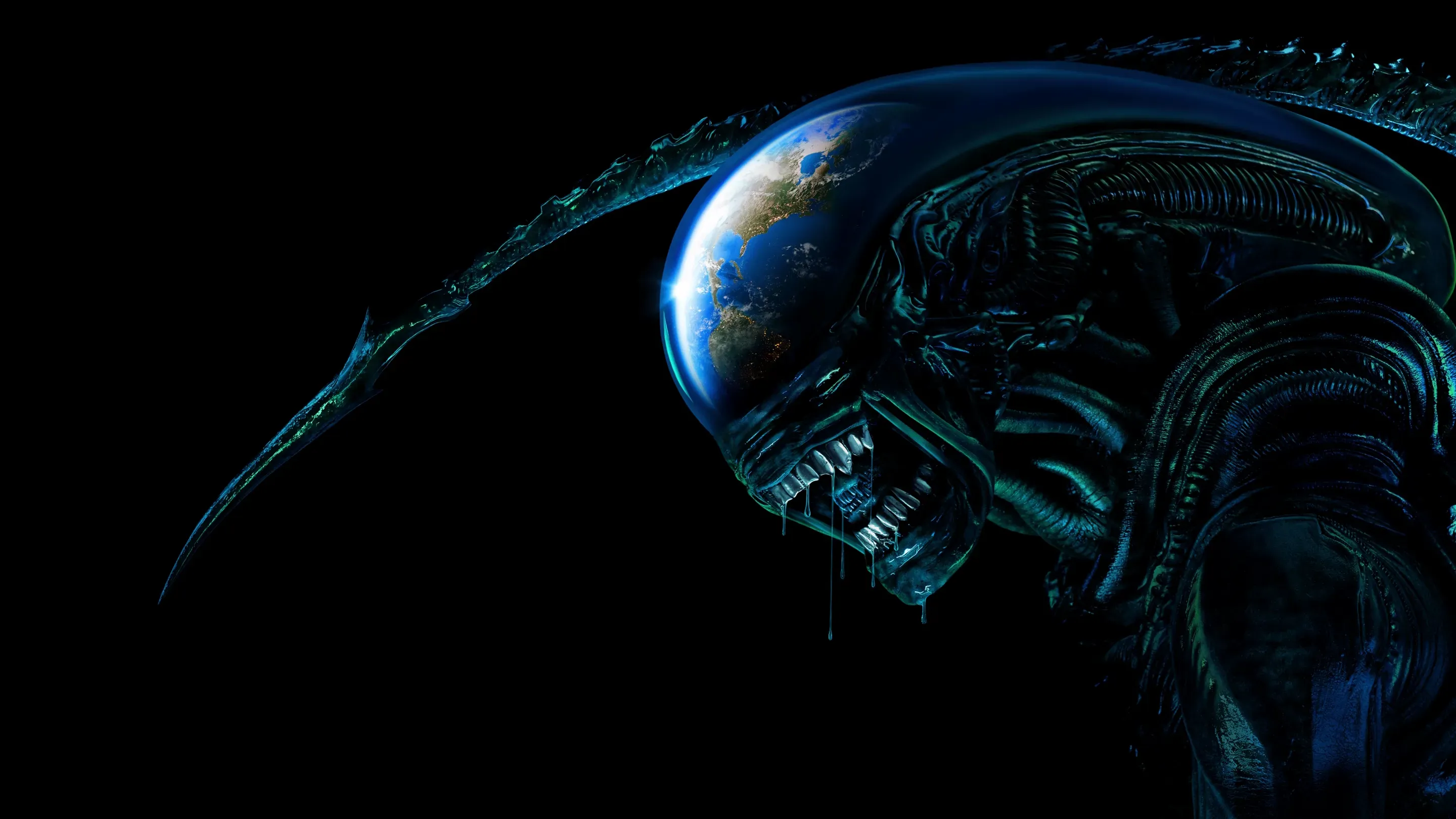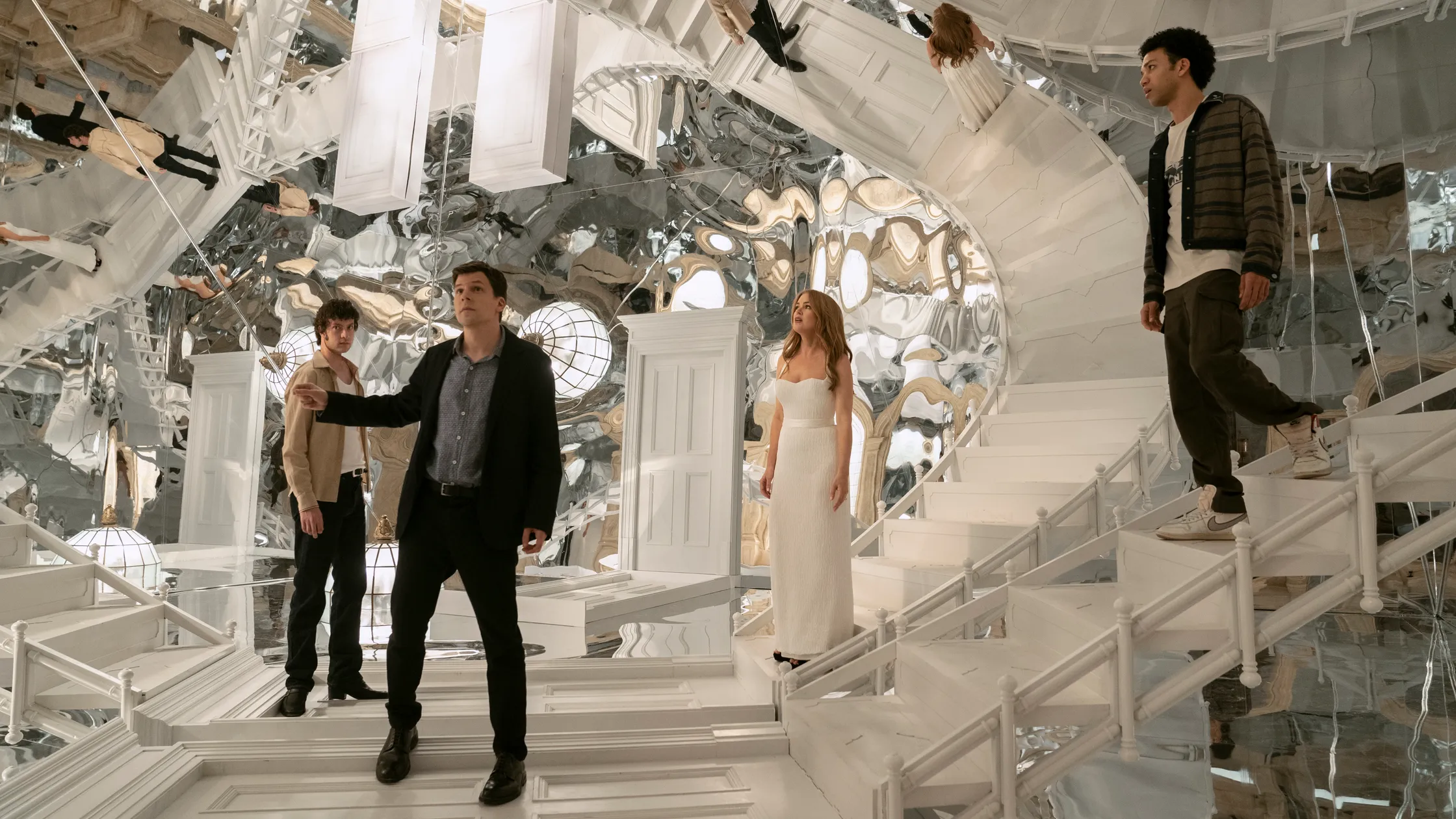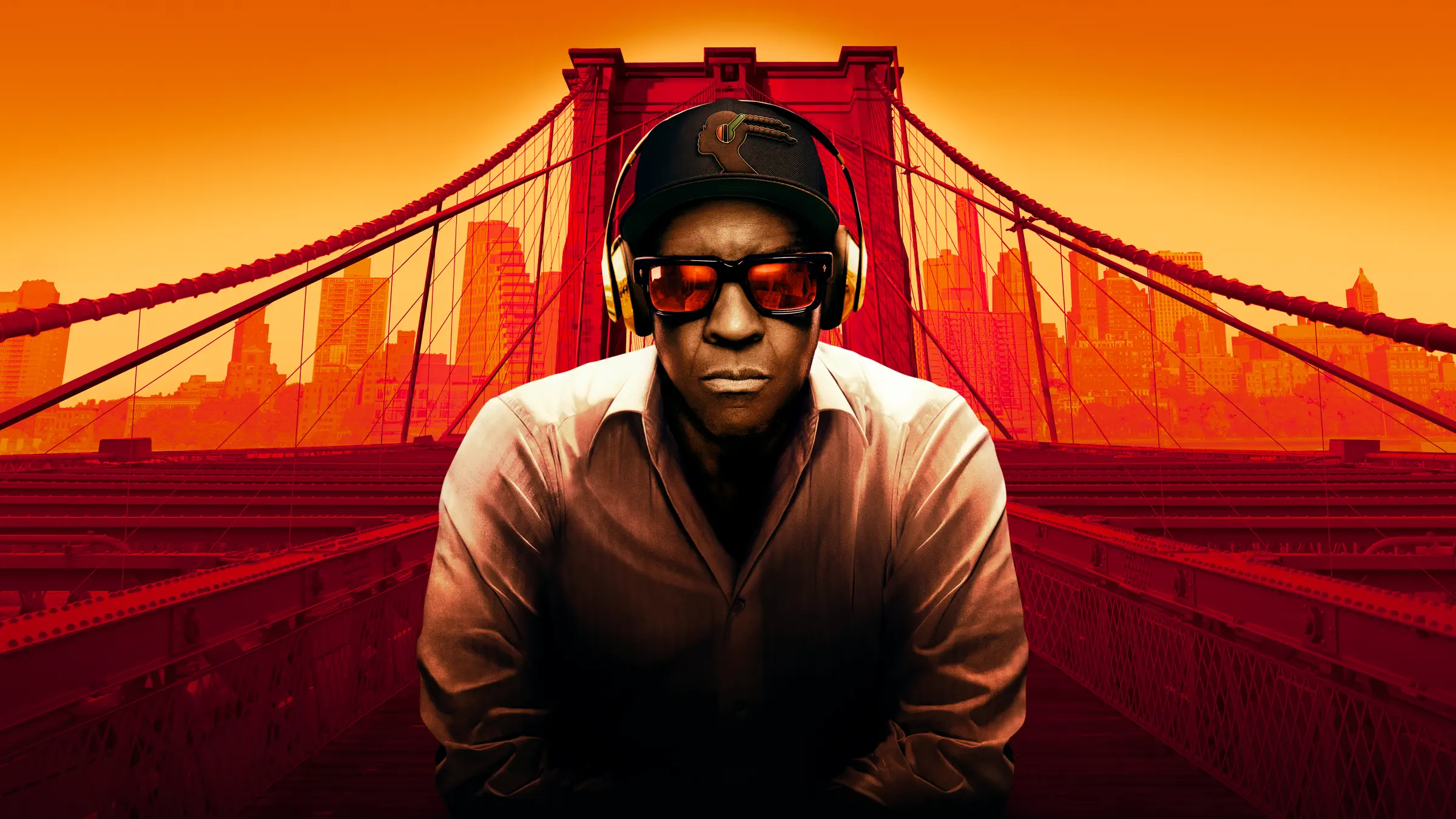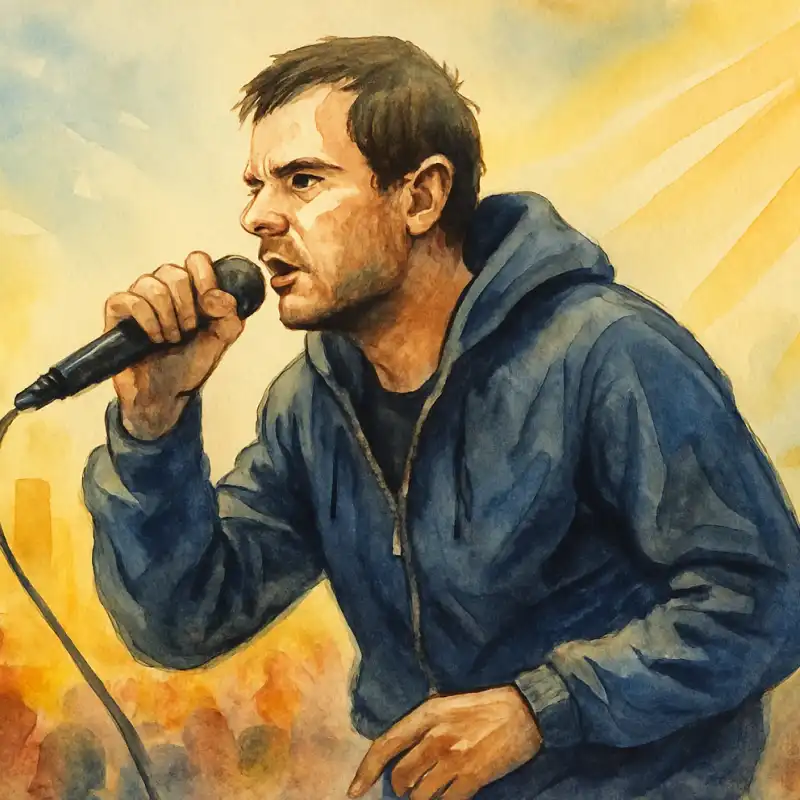I would have written off the entire Alien franchise a long time ago. It's hard not to lose faith when something you love is being tampered with again and again, like an old wound that never calms. But Alien: Earth does something I didn't think possible: it makes me believe in the dark again.
One star
Two stars
Three stars
Four stars
Five stars
Disclaimer: Apropos Magazine received access or a review copy. As always, we share our own impressions — unfiltered.
Six stars
The Alien universe is one of the few movie franchises where even the bad chapters have bite. Ridley Scott's 1979 original was icy, groundbreaking, unshakeable. James Cameron's '86 sequel was perhaps less subtle, but effective in its own, high-octane way. After that, it began to crumble. Aliens 3 was David Fincher's vision suffocated in studio interference. Resurrection was... something with clones and french camera movements. And then came Aliens vs. Predators, and it was like watching someone use one's childhood memories as table keepers.
Later we got Prometheus and Covenant. Ambitious but divisive. Personally, I think Prometheus was beautiful sci-fi with identity issues. It tried to be both philosophical and gory -- and got a little confused along the way. But at least it tried something. The same applies Covenant. And now we have Aliens: Terra — a new attempt in serial format. Perhaps the biggest surprise is that it actually works.
From the first paragraph you can tell: this has been thought about. The mood is dense, dark and full of the old paranoia. It feels like Alien, not just like something that will look like Alien. The series dares to be slow. It dares to let silence speak. And most importantly, it dares to take itself seriously without becoming self-righteous.
You quickly realize that we are back in a universe where there are consequences. Where death is not a cheap plot device, but a real risk. The series balances between the insidious and the explosive. It chooses the first most often, and it dresses it. It's not about jump-scares or blood spurts -- it's about sitting with a knot in your stomach waiting for something to move in the dark.
But the pace can also present challenges. Individual episodes feel like they build up without redeeming. As if you are constantly standing right on the edge of the abyss — without being pushed. It can be frustrating, especially when you, as a viewer, expect payoff. Sometimes the last push is missing, that feeling that the screw is being turned just one more turn. The series instead chooses to let the fear smolder. It works most often. But not always.
However, there is a clear highlight: the episode “In space, no one...” -- a section that in itself justifies the entire series. It condenses everything that makes the Alien universe special: the claustrophobia, the sounds, the darkness, the silence. There's almost something poetic about it. Here, the series becomes more than just an attempt at revival — it becomes a statement. It's the best we've gotten from the franchise since Aliens. No question.
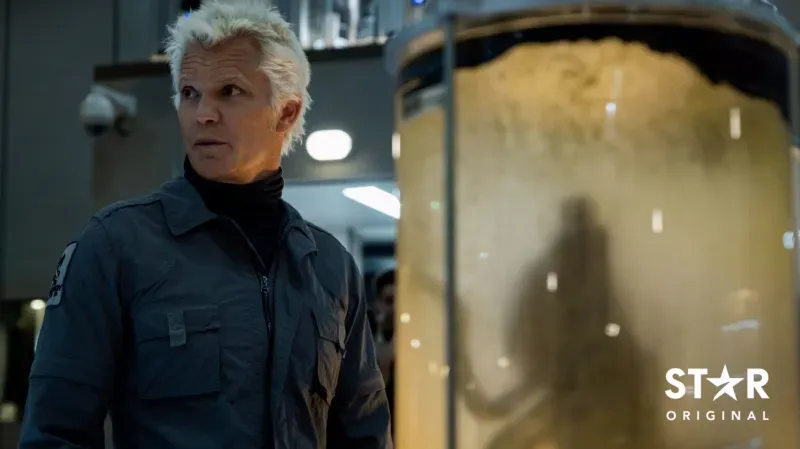
The acting is one of the series' greatest strengths. Timothy Olyphant is as made for roles with authority, and he uses his presence wisely. He never overplays. He lets the look and the pauses do the work. Babou Ceesay is one of the most underrated actors of the moment, and here he finally gets a place. He balances rational action with emotional depth in a way that gives his character a rare credibility.
And then there's Sydney Chandler. I didn't know who she was until I saw this series, but she is the pulse of the series. There's an energy and a nerve to her playing that makes her impossible to ignore. She's not just “the young one,” she's the catalyst for great emotions -- fear, anger, caring -- all with few means. The series would be poorer without her.
Something else that really works is the use of effects -- or rather: the way they not is used on. We're used to sci-fi nowadays meaning CGI overload and spectacle for spectacle's sake. Aliens: Terra going the opposite way. Here, CGI is used thoughtfully. It's practical, ugly and real. The light flickers. The walls are damp. You feel the place. And Xenomorphan? It's back as it should be: scary, unpredictable and at its best when you barely see it.
It feels like the series has grasped one important thing: What we don't see is often the scariest. And this is where it wins its respect. It insists the shudder is not about shock -- but about atmosphere.
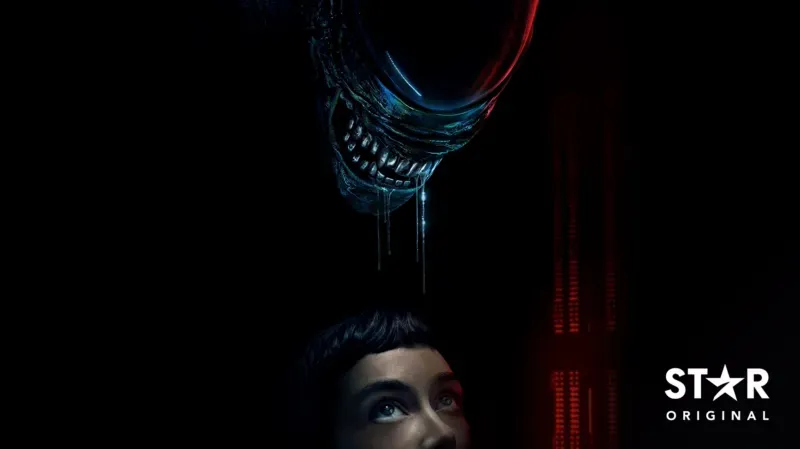
If there is a real criticism, besides the pace, then it is that Aliens: Terra feels like the beginning of something bigger. That's not necessarily a bad thing, but it leaves us with the feeling that we've only seen the first act. The series holds up again -- and maybe it does a little too much. We're sitting back and waiting for season 2 to get answers. It's frustrating. Because when it's that good, you want more. Now.
But that doesn't change the overall impression. Aliens: Terra is the biggest sci-fi surprise of the year. It feels like a loving but uncompromising reunion with a universe many had abandoned. It dares to stay true to the original material while introducing new perspectives. It balances the old and the new — without unnecessarily pleasing anyone. And that may be the best thing that can be said about it.
Let's just put it like this:
This isn't just another streaming series. It's a serious genre production that knows what it wants -- and dares to stick with it. If the rest of the series follows the same course, we may finally have a new chapter in the Alien story that can measure up to the old ones. A rarity in a franchise that has otherwise been more dead than alive.


